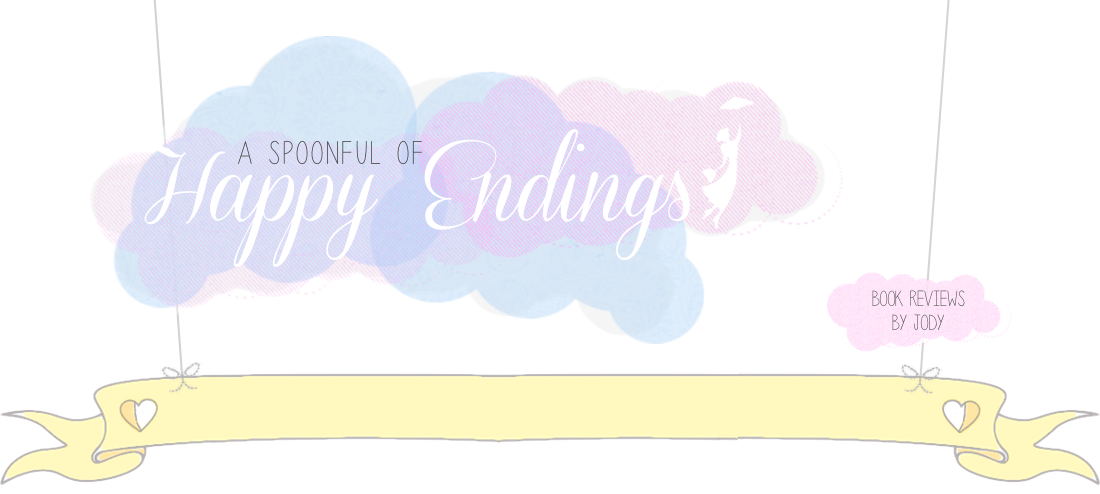People
are often surprised to hear I never pick up a Dutch book but only read English
novels. Dutch is my mother tongue and when I was a young girl I used to only
read Dutch books. I clearly remember going to the library and bringing home
piles of books, finding it difficult to pick just one of them to start with
because I was so excited about discovering all these new stories. However, my
grandparents used to live in the UK and I would visit them every year, so I
quickly got into touch with English books and this is also where my love for
basically anything British originated. When I was around 14 or 15 years old, I
suddenly switched from Dutch to English books, because I enjoyed English novels
more and the only Dutch I read were the books I had to read for school. Since
then, I don’t think I have ever picked up a Dutch book again and I don’t see it
happening anytime in the future either.
Why? I
guess it is, on the one hand, a personal thing. I prefer reading books in
English because I think the language offers much more than the Dutch language
and English novels manage to touch me more than Dutch books do. On the other
hand, though, it also has to do with the fact that I prefer to read the
original version of books, and most works I pick up were originally written by
English-speaking authors. Of course there are brilliant translators in the
world, who do their very best to capture the essence of stories and transport
it from one language to another. However, if you give me the choice between
picking up the original or a translation, I will always pick the original.
I truly
believe something always gets lost in translation, no matter how hard you try.
Something that’s part of the original, that makes the original the story it is,
and that is nowhere to be found in the translation, no matter how hard you
look. Yet, this can be something small you hardly miss, something that might be
replaced by something slightly different but just as fitting in the
translation, but it can also be significant which influences the reading
experience. I remember I started out reading the first two Harry Potter books
in Dutch, and switched to the original English novels when I picked up the
third part, ‘Harry Potter and the Prisoner of Azkaban.’ I remember being
surprised by how different and even more amazing the stories were in their
original language, and I quickly went back to the beginning and read the entire
series in English; not once returning to the Dutch translations. I believe lots
of people enjoy these stories just as much in Dutch as they would in English; I
just know I didn’t.
However,
it is without a doubt that I think translating stories is incredibly important
and vital. It allows literature to be shared with the world; from country to
country and from culture to culture. Just imagine what it would be like if we
could only read stories in their original language; it would prevent so many
people from being introduced to new characters, new places, new experiences...
Things they never would have gotten to know otherwise. Of course, this doesn't only count for literature but also for other texts, such as articles and websites. Everyone is familiar with Google Translate (I won't say too much about the quality of these translations...), or perhaps translation software companies such as Smartling, that aim to preserve the intent and purpose of original texts. Translation takes on an
incredibly important role within the world of literature, and our world in general; a role we should
never underestimate, whether you’re a fan of translations or prefer the
original text.
This
leads me to the question: if a novel is translated into another language, what
is the most important aspect that needs to remain consistent between languages?
What needs to be preserved from one language to another? In my opinion, it is
most important to keep the essence of a writer’s voice. You can find lots of
different things in a story: symbolism, alliteration, imagery, but also wit and
sarcasm... It’s a whole task to take all these aspects and style elements and
effortlessly transport them from one language to another. I personally believe some
of these things can be left behind; can be forgotten, as long as the author’s
distinctive voice is kept and the story’s essence is still present. A story was
brought to life by its author, and it’s crucial that translating it to another
language does not kill the story. As I mentioned before, I believe certain
things will always be lost in translation, but this does not mean the essence
of the story has also been lost. As long as that essence is still there, it
shouldn’t matter in which language the story is read/translated; it will convey
the same feelings and emotions. And that is what reading is all about... isn’t
it?
How do
you feel about the translation of books and/or stories? Do you prefer to read
books in their original language or not? What are some of your favourite
translations? I’d love to hear your thoughts!






No comments:
Post a Comment